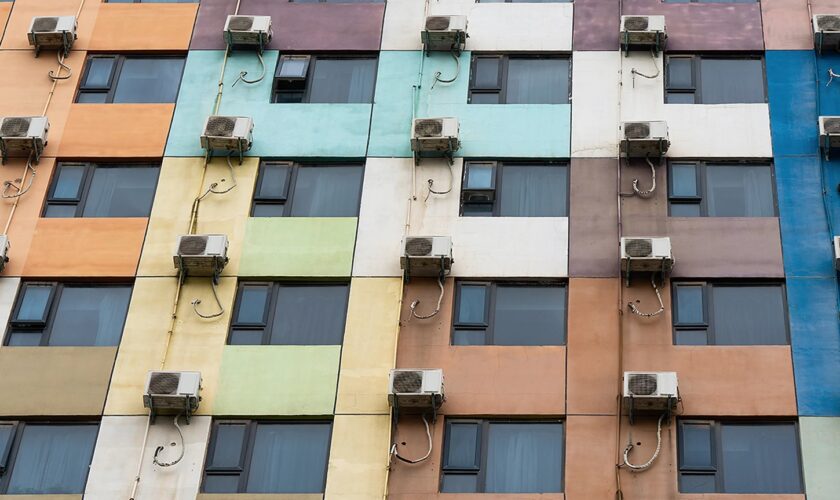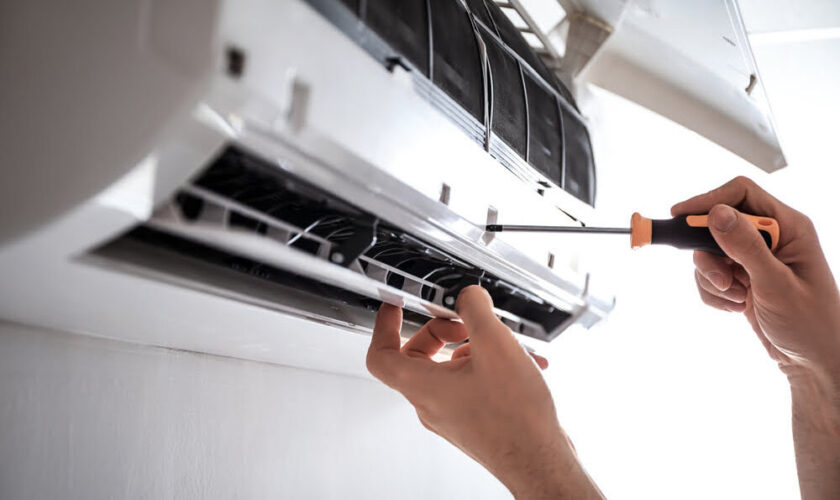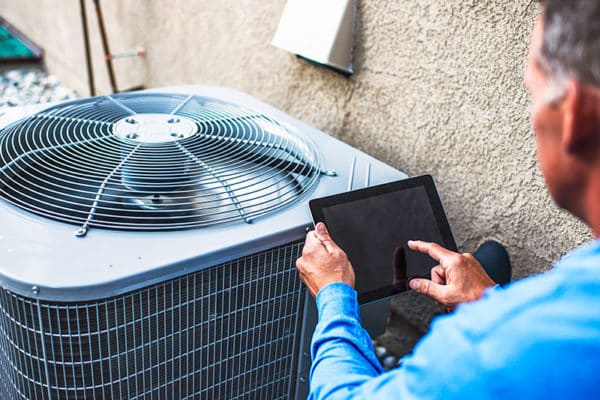Energy consumption represents a substantial portion of monthly living expenses in condominium communities nationwide. Residents of newer developments like River Modern experience different utility costs from older buildings due to construction techniques and material advances. These differences stem from improved insulation standards, modern HVAC systems, energy-efficient windows, and innovative building technologies that work together to reduce overall consumption. For condo owners and potential buyers, these efficiency factors translate directly into monthly savings accumulated over the years of ownership.
Insulation improvements slash heating costs
Modern condominiums incorporate insulation techniques that dramatically outperform older building standards. Current construction typically includes high-performance wall insulation with R-values exceeding 20, compared to R-values below 10 in buildings from previous decades. Roof insulation standards have similarly evolved, with modern specifications often doubling or tripling the thermal resistance of earlier designs.
These insulation improvements manifest most noticeably in winter heating bills. Units in newer buildings maintain comfortable temperatures with substantially less energy input. Thermal imaging tests reveal that contemporary condos lose minimal heat through walls and ceilings compared to older counterparts, where heat loss creates visible hotspots around insufficient insulation areas.
Advanced window technology contributes heavily to these thermal efficiency gains. Double or triple-glazed windows with low-emissivity coatings and insulated frames minimise heat transfer while maximising natural light. In summer, these same windows reflect solar radiation that would otherwise raise interior temperatures and increase cooling costs. The resulting year-round benefits make window specifications among the most impactful factors in energy consumption patterns.
Innovative temperature management reduces waste
Contemporary climate control systems offer precision and efficiency unimaginable in previous generations of condominiums. Zone-based heating and cooling allow residents to target specific areas rather than conditioning entire units unnecessarily. Programmable thermostats create customised schedules that reduce energy use during sleeping hours or when units stand empty during workdays. Energy consumption data reveals clear patterns:
- Morning and evening usage spikes decrease significantly with automated systems
- Weekend vs. weekday consumption differences diminish with intelligent scheduling
- Seasonal transition periods show smoother adaptation to changing weather conditions
- Overall consumption typically drops 15-30% compared to manual systems
Connected thermostats add another dimension to these savings by allowing remote adjustments via smartphone applications. Residents can delay heating or cooling activation when schedules change unexpectedly, preventing wasted energy when plans shift.
Appliance efficiency impacts monthly utility bills
Modern condominium units feature appliance packages with energy ratings far superior to previous generations. ENERGY STAR refrigerators consume approximately half the electricity of models from twenty years ago. High-efficiency washers use 40-60% less water and require less heating and mechanical operation energy. Several appliance categories show particularly dramatic efficiency improvements:
- Induction cooktops use 15-20% less energy than conventional electric elements
- Condensing dryers recirculate heat rather than vent it outside
- Advanced dishwashers clean effectively while using minimal water
- LED lighting reduces electricity use by up to 90% compared to incandescent bulbs
These individual improvements combine to create substantial monthly savings. While appliance efficiency varies between specific condominium developments, newer buildings generally feature products meeting or exceeding current minimum efficiency standards. Some luxury developments include premium appliance packages with efficiency ratings significantly above minimum requirements, further reducing operating costs.
While individual unit efficiency primarily affects personal utility bills, common area improvements benefit all residents through stabilised or reduced maintenance fees. When evaluating potential condominium purchases, assess both unit features and common area systems to gain a complete picture of likely monthly costs.


